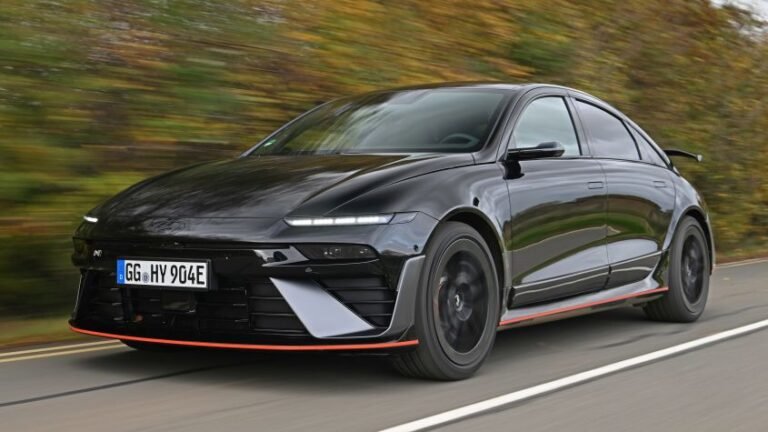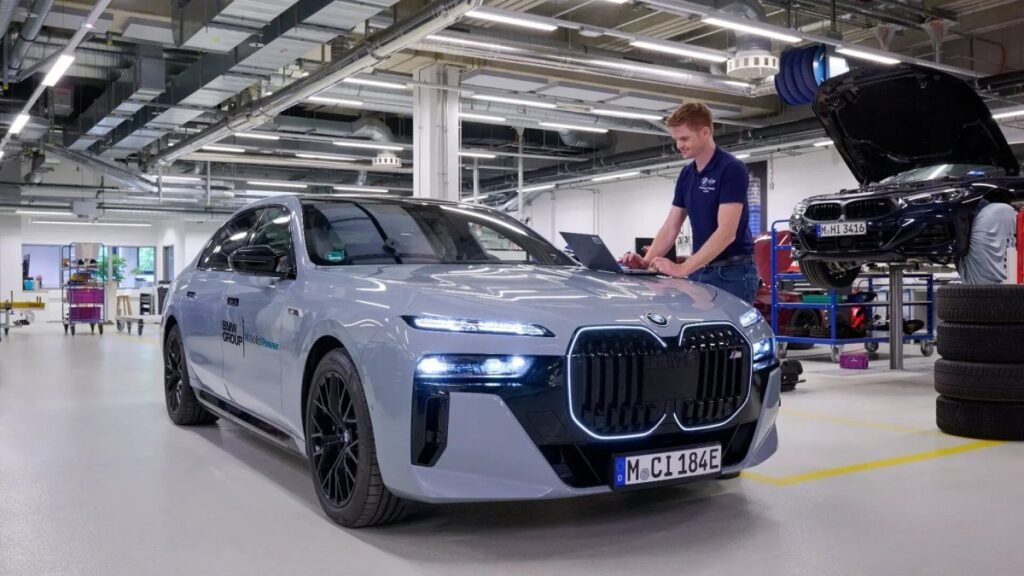
Samsung SDI, Solid Power, and BMW in the Mix
Battery tech is evolving at such a pace that it’s difficult to keep up with what’s happening across the industry. On a global level, several OEMs have committed to commercialising solid-state batteries by the end of the decade. Toyota plans to launch its first solid-state battery-powered EV by 2028, while BYD and CATL are looking at 2027 for introducing their version of these new-age batteries.
Samsung SDI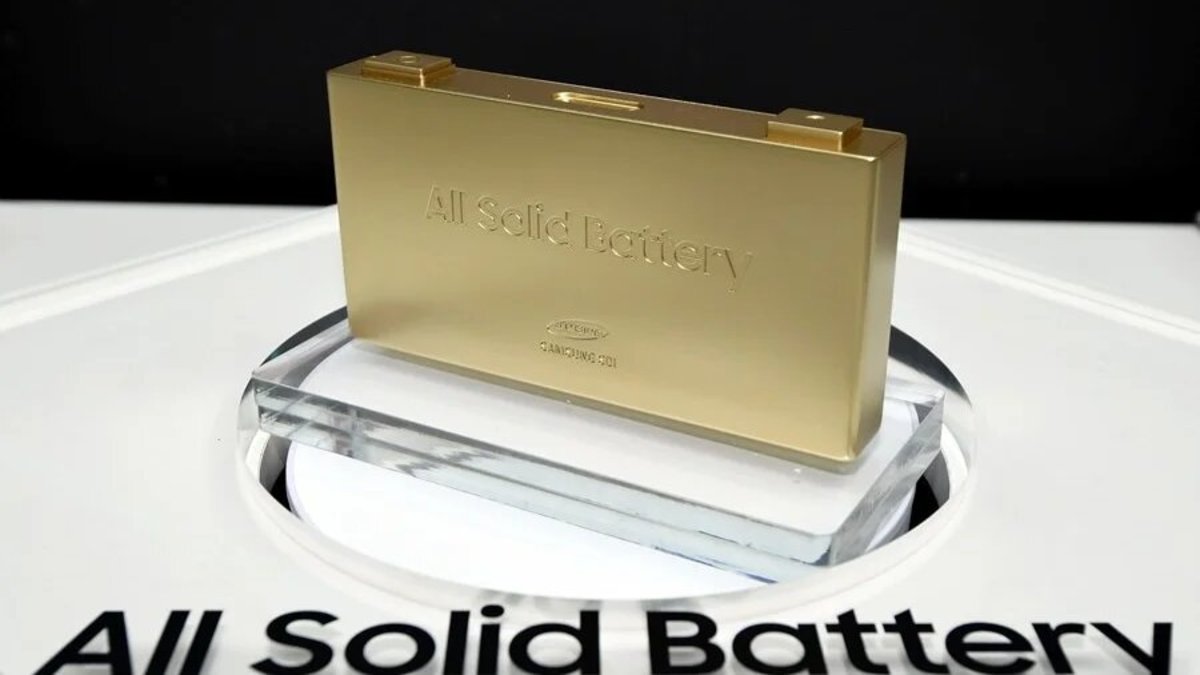
Enter, BMW. While the Bavarian marque was already invested in the idea with Solid Power, this new arrangement with Samsung SDI aims to fast-track the development process in terms of validation, testing, and commercial adoption. Martin Schuster, Vice President Battery Cell and Cell Module at BMW, said, “With Samsung SDI joining our partnership with Solid Power, we gain significant momentum on our path advancing the development of new battery cell technologies.”
BMW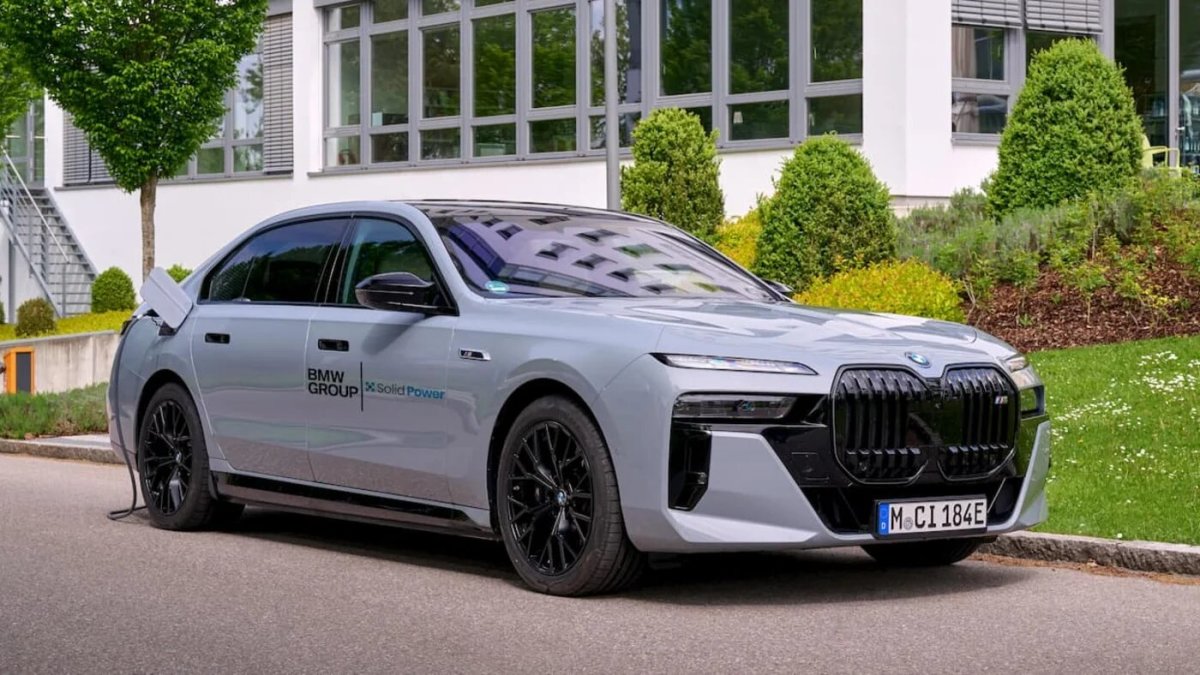
ASSBs, otherwise called all-solid-state batteries, promise higher energy density combined with increased safety over existing battery technologies that utilise liquid electrolytes. John Van Scoter, President and CEO of Solid Power, said, “Our solid electrolyte technology is designed for stability and conductivity, and by working closely with global leaders in automotive and battery innovation, we strive to bring ASSB technology closer to widespread adoption.”
Solid-State Tech Is Just Around the Corner
“Technological competitiveness in batteries would ultimately lead to innovation in electric vehicles,” said Stella Joo-Young Go, Executive Vice President of ASSB Commercialisation at Samsung SDI. According to the agreement, Solid Power will supply the sulfide-based solid electrolyte to Samsung SDI, which will then use it to make the battery cells that’ll eventually end up in BMW’s test vehicles and potentially, future production vehicles.
BMW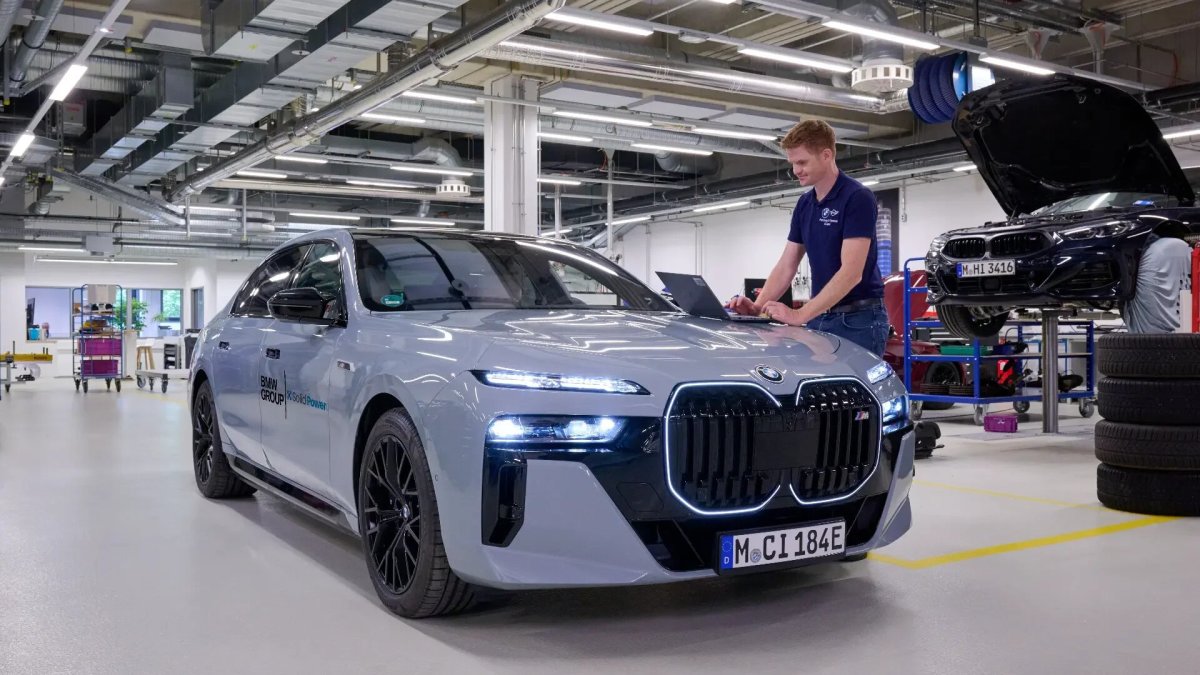
Having the technology unlocks better EV driving range (supposedly twice that of a traditional battery) while being significantly lighter. Solid-state batteries also promise much shorter charging times and happen to be less expensive than conventional liquid-electrolyte batteries. BMW is already testing the technology in a modified i7, and if all goes well, the German automaker is expected to debut its first ASSB electric vehicle by the end of the decade.


